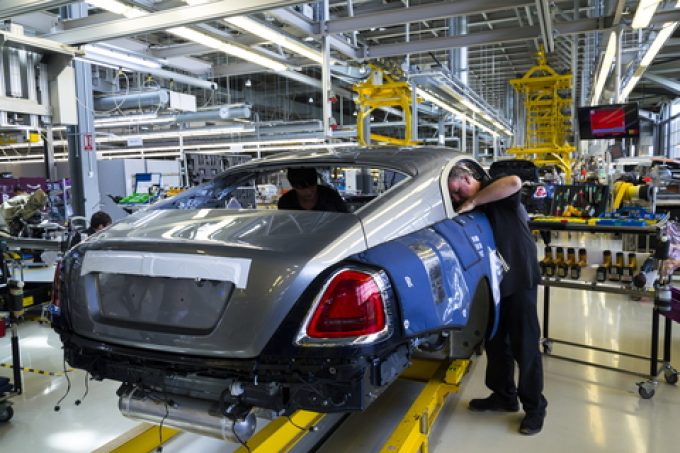Liners unveil Asia-Europe FAK price hikes to arrest steady rate decline
Container shipping lines are looking for a hike in Asia-Europe spot freight rates, announcing a ...

For UK automotive manufacturers, a new trade route to Canada beckons – via the Pacific.
Not literally, of course – nobody is contemplating sending auto parts or finished cars from Felixstowe or Sheerness to Vancouver via Asia – but involvement with an Asian trading bloc could make up for the UK government’s failure to sign a free trade deal with Canada.
Negotiations began in March 2022, failed to reach an agreement and, in January, with both sides at loggerheads over access to agricultural markets, the UK suspended the talks.
The impasse has repercussions for British exports that incorporate parts made in the EU. Since Brexit in 2016, UK exporters had been able to sell such products tariff-free to Canada under so-called ‘rules-of-origin’ provisions, but these expire this month.
Last-ditch talks about an extension, between UK trade secretary Kemi Badenoch and her Canadian counterpart Mary Ng, on the sidelines of the WTO conference in Abu Dhabi in February, again broke down without agreement.
The ramifications are ominous for the UK auto industry, which annually exports almost £700m-worth of products to Canada, its eighth-largest market. Exporters now face a 6.1% levy, which could amount to about £3,000 per vehicle, according to the UK Society of Motor Manufacturers and Traders.
The aerospace industry will also be affected and, beyond denting the competitive strength of UK exports, this could also impact investment decisions and strategies, said Richart Patry, MD Canada at DHL Global Forwarding.
However, an alternative access route has emerged through the Comprehensive and Progressive Agreement for Trans-Pacific Partnership (CPATPP), a trade agreement in place since December 2018. Its current members are Australia, New Zealand, Japan, Brunei, Malaysia, Singapore, Vietnam, Chile, Peru, Mexico and Canada.
The UK government clinched agreement to join in December and is now in the process of securing the ratification from six members required for formal membership.
Notwithstanding the impasse in free trade talks, Canada has signalled that it supported UK accession to CPATPP, and so far it has not slapped tariffs on imports from the UK, or notified importers they were looming.
In the UK, manufacturers appear unfazed by the situation. Mr Patry reported the prospect of tariffs had not dented DHL’s customers’ traffic flows in the first quarter.
And in recent talks with UK auto manufacturers, he said, the issue had not been a major topic, nor had there been discussions about alternative origins of products and routings to avert tariffs.
Trade in goods and services between Canada and the UK was £25.9bn in the 12 months to 30 September 2023, which was up 1.9% on the previous 12 months.
Comment on this article